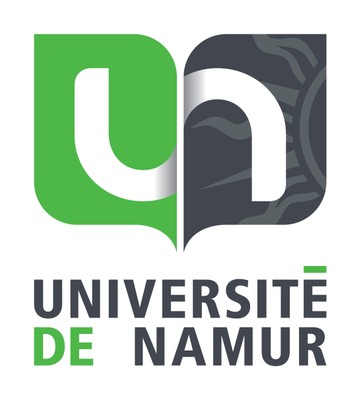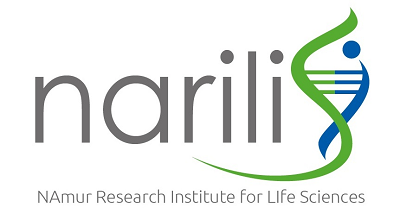Keynote speakers
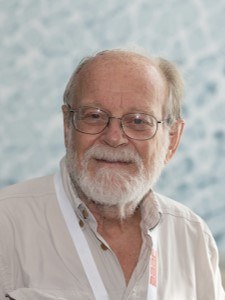 Prof. Emeritus Karel "Ton" Schat
Prof. Emeritus Karel "Ton" Schat
Department of Microbiology and Immunology, College of Veterinary Medicine, Cornell University, New York, USA
Karel A. (Ton) Schat received his DVM degree from the University of Utrecht in 1970 and his PhD degree from Cornell University in 1978. He worked from 1971-1975 in Mexico on Marek’s disease as part of the Dutch Technical Aid Program. In 1978 he joined the faculty at the College of Veterinary Medicine of Cornell University, where he retired in 2011 as a Professor in Avian Virology and Immunology. He is well known for isolating the SB-1 vaccine strain of Marek’s disease and research on the pathogenesis and immunology of Marek’s disease. In addition, he has contributed significant new knowledge of chicken anemia virus, rotaviruses, Mycoplasma gallisepticum infections in house finches and avian influenza. Ton has published over 184 papers in peer-reviewed journals and more than 45 book chapters. He served as co-editor of the three editions of Avian Immunology. His contributions to avian disease research have been recognized with several awards. In 1987 he received the Dr. Bart Rispens Award. H was inducted in the Hall of Honour of the World Veterinary Poultry Association in 2013 and in the Hall of Honor of the American Association of Avian Pathologists in 2016.
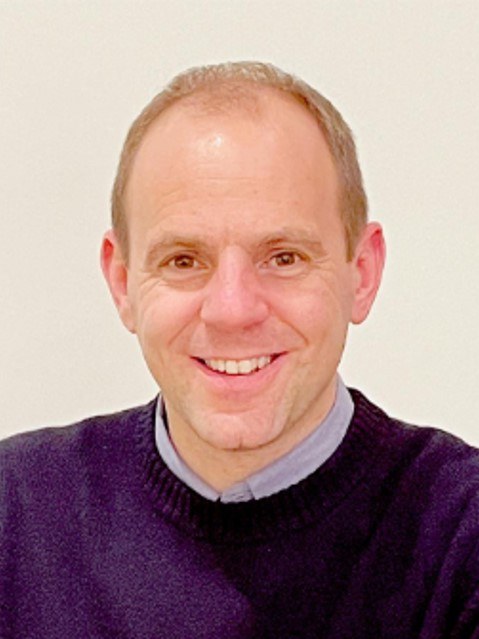
Prof. Benjamin Dewals
Laboratory of Immunology-Vaccinology, Department of Infectious and Parasitic Diseases, Faculty of Veterinary Medicine, FARAH, University of Liège, Belgium
Benjamin Dewals graduated as Doctor of Veterinary Medicine in 2002 from the University of Liège (ULiège), Belgium. Immediately after graduating, he joined the Immunology-Vaccinology Laboratory at the Faculty of Veterinary Medicine, ULiège, as a Research Fellow, funded by the Fonds de la Recherche Scientifique (FNRS), the Belgian National Fund for Scientific Research.
In 2006, after completing his doctoral thesis, he obtained an FNRS Postdoctoral Research Fellowship and carried out a two-year postdoctoral stay at the University of Cape Town, South Africa. In 2012, he was awarded an FNRS Research Associate position and established his own research group within the Immunology-Vaccinology Laboratory at ULiège. In 2020, he was promoted to Senior Research Associate at the FNRS and continued to lead his team focusing mainly on "unconventional immune memory" by CD8 T lymphocytes during infections with helminthic parasites and investigating the consequences of virus/parasite co-infections on health. His research also aims to understand how certain viruses such as gammaherpesviruses induce the development of peripheral CD8 T-cell lymphomas by studying a fatal disease in cattle caused by alcelaphine gammaherpesvirus 1.
Since January 2023, Benjamin Dewals was granted a Professorship at the ULiège, where he teaches veterinary parasitology to Veterinary Medicine students.
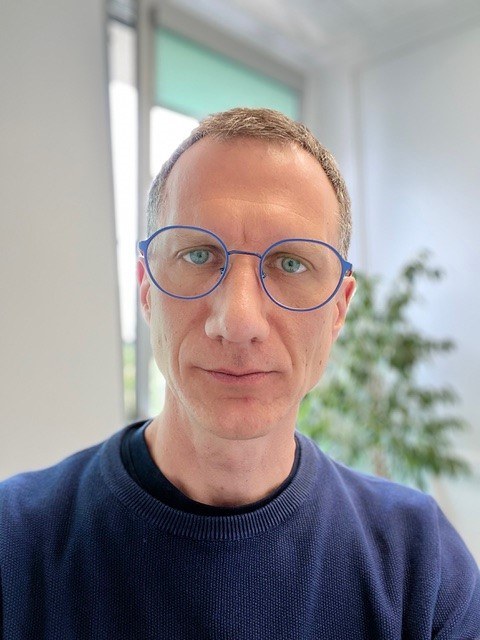
Dr. Sébastien Pfeffer
Architecture and Reactivity of RNA, Institute of Molecular and Cell Biology, French National Centre for Scientific Research (CNRS), University of Strasbourg, France
After a PhD in plant virology in Strasbourg during which he identified suppressors of antiviral RNA interference, Sébastien Pfeffer worked as a post-doctoral fellow in the laboratory of Prof. Thomas Tuschl at the Rockefeller University, New York. During this time, he transitioned from plant to mammalian model systems. In seeking parallels with his work on plant viruses, he was the first to demonstrate that certain human-infecting viruses, such as Epstein-Barr virus and Kaposi’s sarcoma herpesvirus, hijack the RNA silencing machinery to their advantage by expressing their own microRNAs. This discovery opened new avenues of research for studying virus–host interactions.
He then came back to France as a CNRS Research Associate and started his own team within the "Architecture and Reactivity of RNA" unit at the Institute of Molecular and Cellular Biology (IBMC) in Strasbourg three years later. His team works on the interactions between viruses and non-coding RNAs, and more recently focused on the identification of novel regulatory mechanisms of innate immunity. In particular, he has been interested lately in studying arboviruses, which circulate between arthropods and mammalian hosts, to identify conserved and species-specific cellular responses to viral infection. In the past 15 years, he secured several national (the National Research Agency, League Against Cancer, the National Cancer Institute, and the Agency for Research on AIDS and Viral Hepatitis) as well as european (European Research Council starting and consolidator) grants to fund his work. He currently is Research Director (DR1) and Deputy Director of the CNRS ARN unit in IBMC.

